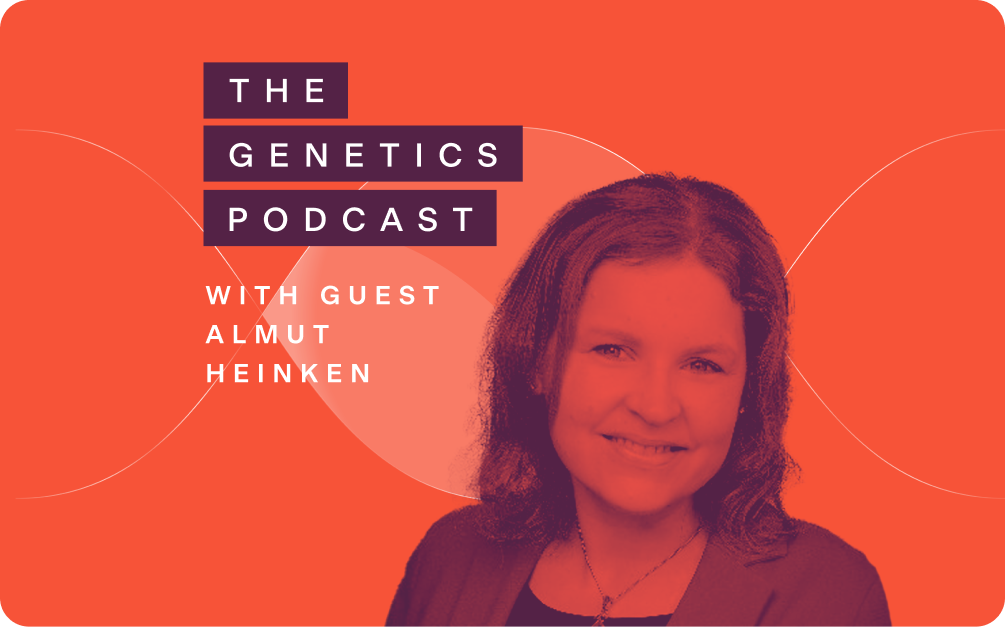The Genetics Podcast recap: Exploring the microbiome's influence on personalised medicine with Almut Heinken

In the latest episode of The Genetics Podcast, Sano CEO Patrick Short had the pleasure of speaking with Almut Heinken, a junior professor at the INSERM Institute of Nutrition, Genetics, Environment, and Risk Exposure at Université de Lorraine. Almut’s fascinating research sits at the intersection of the microbiome, human genetics, drug discovery, and pharmacogenomics.
Almut’s research journey and the COBRA Approach
Almut’s academic journey began with an interest in systems biology modelling of host-microbiome interactions. She uses a method called COBRA (Constraint-Based Reconstruction and Analysis) to explore how the microbiome influences drug metabolism and personalised medicine. The COBRA approach involves creating genome-scale reconstructions from the genome sequences of microorganisms, predicting their metabolic properties.
Practical applications in disease and drug metabolism
Almut’s research has significant implications for understanding diseases like inflammatory bowel disease (IBD). Her work demonstrates how the metabolic capabilities of the microbiome differ between patients and healthy individuals, providing insights into disease mechanisms and potential therapeutic targets.
A key topic of discussion was the role of the gut microbiome in drug metabolism. Approximately two-thirds of prescription drugs are chemically modified by the gut microbiome, impacting their effectiveness and toxicity. Almut emphasised the importance of considering these interactions in drug development and personalised medicine.
The Apollo Project and global insights
The Apollo Project expands on Almut’s earlier work, incorporating data from 34 different countries and multiple body sites. This comprehensive resource enables researchers to study microbiome diversity and its impact on health across different populations. The project has provided valuable insights into how the microbiome varies between different regions and conditions.
Future directions in microbiome research
Looking ahead, Almut is focusing on the infant gut microbiome and its role in early-life development and long-term health. Her recent studies compare the metabolic capabilities of infants delivered vaginally versus those born via caesarean section, highlighting significant differences in metabolic functions, particularly in the first six months of life. Almut’s future work aims to explore how these early-life microbiome compositions influence the risk of metabolic diseases later in life.
Summary
Patrick’s conversation with Almut underscored the critical role of the microbiome in health and disease. By advancing our understanding of these complex interactions, we can move towards more personalised and effective treatments. Almut’s work highlights the potential of microbiome research to transform personalised medicine and improve health outcomes.
Listen to the full episode here:
